
For Elders’ Sake
There is often one adult child who takes over the lion's share of caring for an elderly parent. Often, it's the child who lives closest or who doesn't work full-time…

There is nothing quite like coping with aging parents for bringing out the very best in people. And the very worst.
The issues that arise when an elderly parent becomes disabled can become an emotional minefield for the kids if they lack maturity and emuna. Due to the intensity of emotions that accompany this chapter of life, mutual respect and skillful relating are the keys to keeping the family together.
When a parent suddenly becomes ill there can arise the need for logistical changes, financial rearrangements and demands on the family’s time and energy.
And that’s only the first level. Then there are thorny emotional issues which can range from: who knows what Mom would want; who is suited to take over Dad’s finances; and who is gonna break it to the folks that they can’t drive anymore?
There is often one adult child who takes over the lion’s share of work. That is often the child who lives closest to the parent or doesn’t work full-time. This can be handled judiciously, with group consent and financial/moral support from the other siblings, to the credit of the entire family. But when the majority of care falls on one particular child, it can also cause resentment and revive negative feelings that have been dormant for years. Sometimes all hell breaks loose. It is so important to understand that giving  honor to elderly parents is a mitzva from the Torah and that that includes sparing them the anguish of having to witness or hear about their grown children fighting “because of them”.
honor to elderly parents is a mitzva from the Torah and that that includes sparing them the anguish of having to witness or hear about their grown children fighting “because of them”.
For several years, I ran a support group for adult children of people with dementia and I heard about situations where the kids came together and faced the pain, and other situations where the opposite occurred.
There is tremendous distress in watching the decline of parents who once took care of us and it feels unnatural, uncomfortable and frightening to change roles with them. None of us wants to witness our parents growing weak, forgetful and unable to continue with the acts of daily living. So, in addition to all the practical challenges, there are strong emotions to contend with, G-d willing in a positive way.
Families who have been communicating in a reasonably healthy manner throughout the years are more likely to handle the test of aging parents without major blow-outs and drama. People who have a good relationship with Hashem have the greatest chance of weathering the roller coaster of anxiety and sadness that normally occurs. Personal prayer provides the best outlet for inner turmoil and we need to ask for guidance every step of the way. It is impossible to make important decisions when one is exhausted and angry.
Praying for acceptance and patience can make the difference in any big test and this is one of the biggest.
Don’t our parents deserve to have grown children who work well together to help them through the last stage of life? And don’t we owe it to ourselves to be able to look back with self-respect; that we were both conscientious and cordial in the midst of a family tsunami? The one thing that most parents want above all else is unity among their children. This is the absolute worst time to relight old jealousies, resentments, and rivalry. Competing and comparing about who does what and who cares more can turn a unique opportunity for expressing love into an ugly family feud that can last for generations.
If there are financial issues to be hammered out and this becomes a loaded topic, it is advisable to seek out professional advice with an objective third party. And remember always, that Hashem has His eye on your aged mother. No matter how old she is, she is His daughter.
“Even to your old age, I am He. And even to advanced age, I will carry you. I have made and I will bear, yes, I will carry and will save you.” (Isaiah 46:4)
Be careful with G-d’s child.



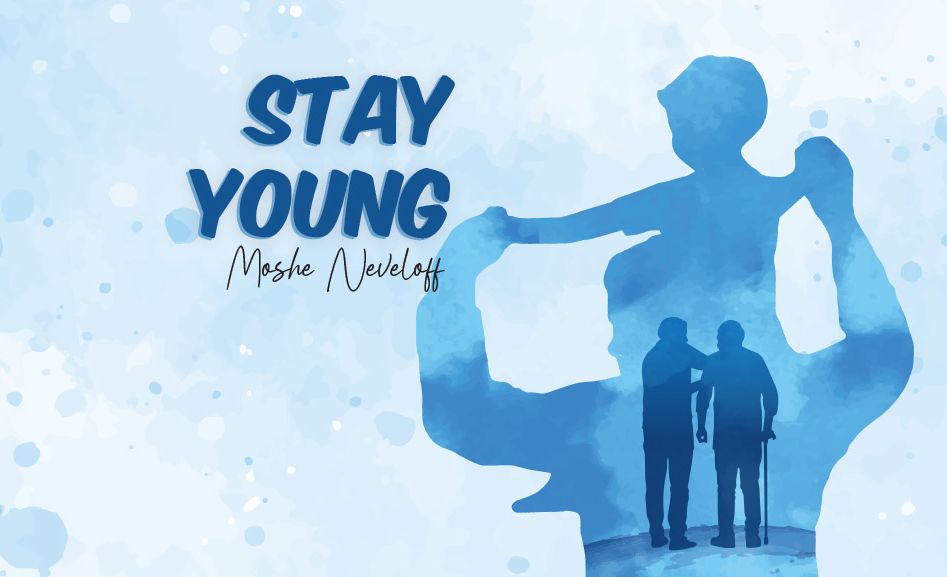
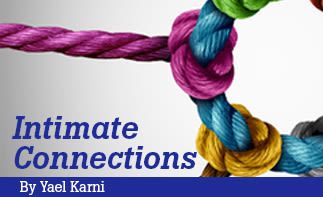
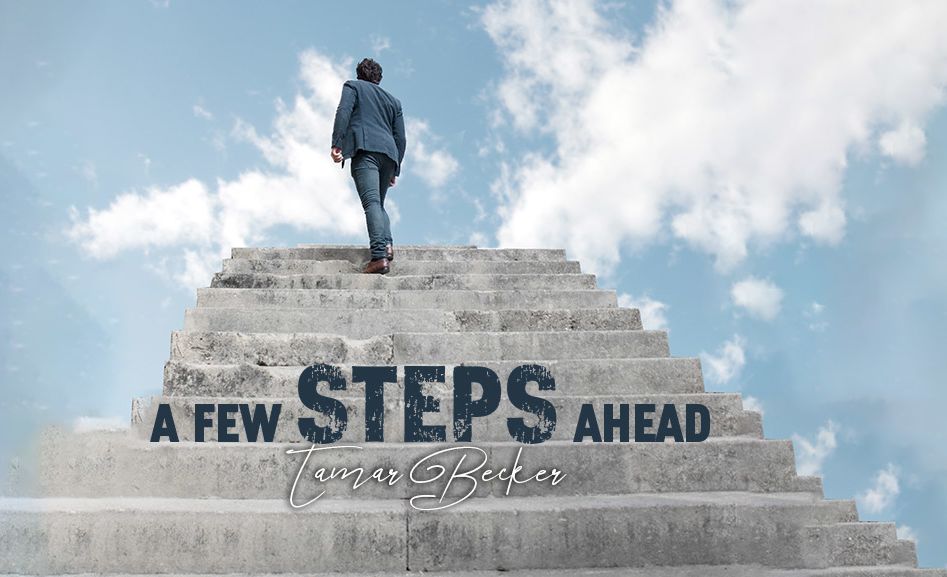


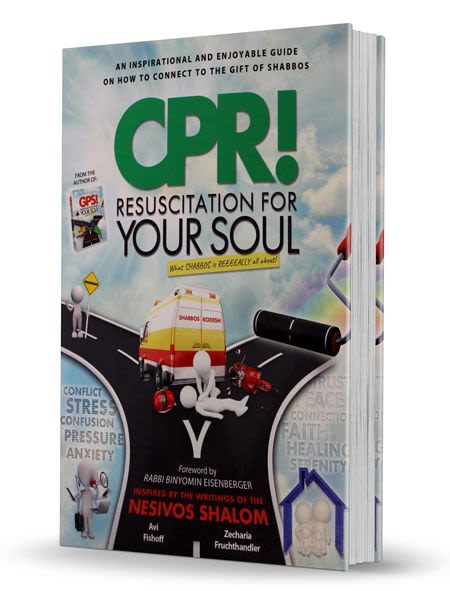

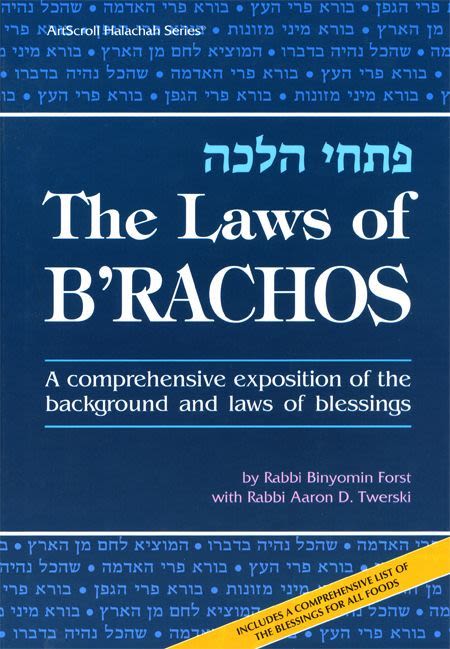
Tell us what you think!
Thank you for your comment!
It will be published after approval by the Editor.